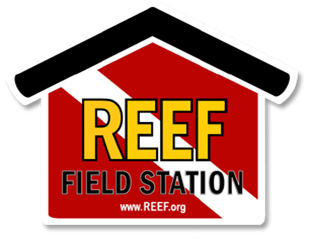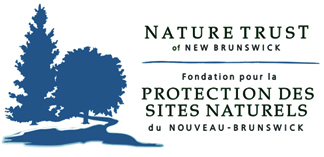COJO Diving is pleased to partner with ocean science and conservation related organizations that are active in conserving our marine environment through stewardship and citizen science. COJO supports these organizations in the following very important ways:
1. We are a New Brunswick point of contact for divers/snorkelers and other interested parties for information on how to get involved in volunteer activities for marine conservation and protection.
2. We provide education programs for divers/snorkelers on the identification of marine life to aid proficiency for volunteer surveyers.
3. We provide stewardship of coastal and inland sites through the volunteer surveying of underwater ecosystems, and publish those survey results for our partners to monitor the health and growth/decline of those sites.
Contact us for more information about upcoming opportunities for education and volunteer activities!
COJO Diving is pleased to partner with the Nature Trust of New Brunswick in the stewardship of coastal and inland underwater ecosystems. Each year COJO and the Nature Trust of NB partner in events to promote and survey underwater sites. COJO has undertaken the survey of these sites to aid the Nature Trust organization with continuing conservation efforts.
"About the Nature Trust of New Brunswick... Established in 1987, the Nature Trust of New Brunswick is a non-profit conservation organization dedicated to protecting areas in the province that are ecologically significant and to educate New Brunswickers about the province’s natural heritage and the importance of land conservation. To date, the Nature Trust has conserved thousands of acres of land in over 40 beautiful and unique nature preserves throughout the province. It is the Nature Trust’s mandate to steward these lands, while maintaining healthy ecosystems, biodiversity, and preserving native species. In addition, the organization examines areas with high ecological sensitivity, undertakes outreach and education activities with the public and landowners. The Nature Trust promotes sustainable stewardship practices and involves communities in the monitoring of our nature preserves. For more information, visit www.naturetrust.nb.ca."
We are pleased to support Huntsman Marine Science Center with their “Debris Free Fundy” program! We have pledged to eliminate our use of “single use plastics” from all of our dive events, and to work with our suppliers to minimize debris used & discarded at our shops.
"About Huntsman Ocean Sciences Organization... It is Huntsman’s vision to design and deliver the highest quality marine research and education programs and to convey these to our communities in support of sustaining the marine environment and economy. Living in New Brunswick, and in Atlantic Canada in general, we’re acutely aware of how vital the ocean is to both our livelihoods and our identities. All of our efforts are centered around this philosophy and we hope that this spirit of stewardship can continue to grow. For more information, visit http://www.huntsmanmarine.ca/"


COJO Diving is pleased to be an active Field Station for REEF and a Conservation Partner. We offer REEF Marine Life Identification Courses, organize survey dives, administer tests, and sell underwater paper, slates and related materials.
"About the REEF Organization.. Protecting Marine Life Through Education, Service, and Research. REEF was founded in 1990, out of growing concern about the health of the marine environment, and the desire to provide the SCUBA diving community a way to contribute to the understanding and protection of marine populations. REEF achieves this goal primarily through its volunteer fish monitoring program, the REEF Fish Survey Project. Participants in the Project not only learn about the environment they are diving in, but they also produce valuable information. Scientists, marine park staff, and the general public use the data that are collected by REEF volunteers"

